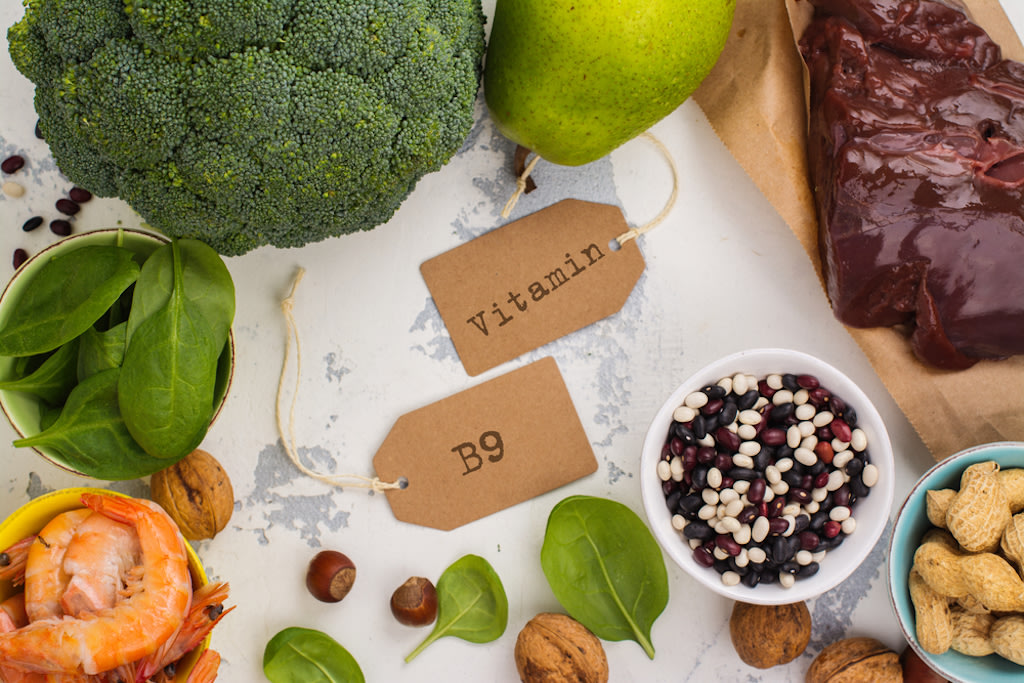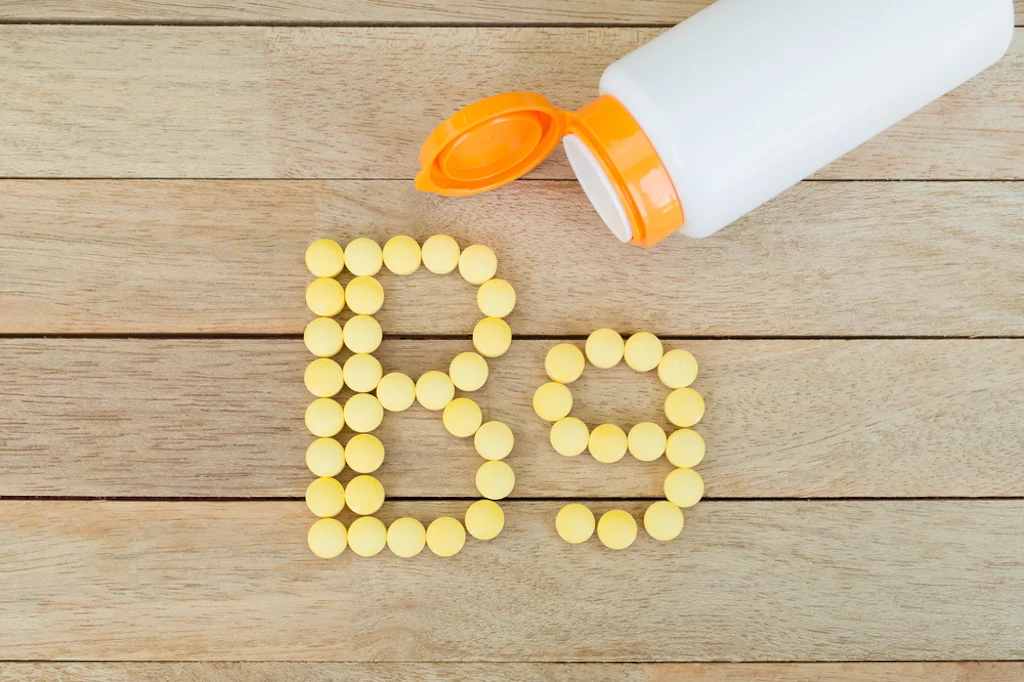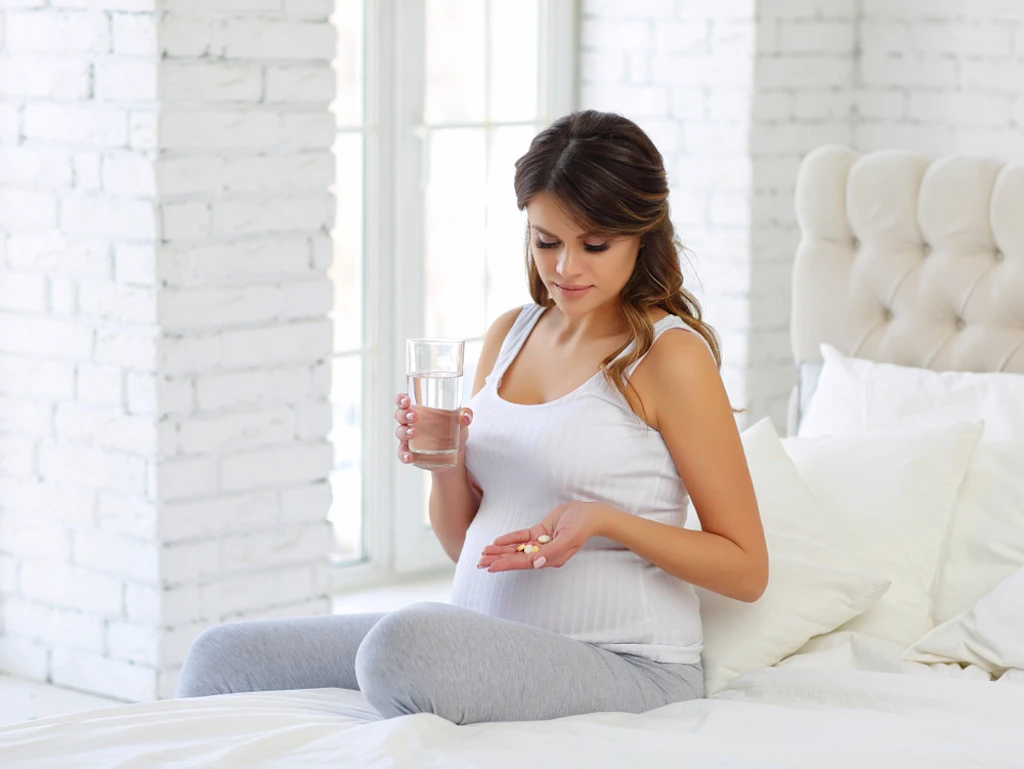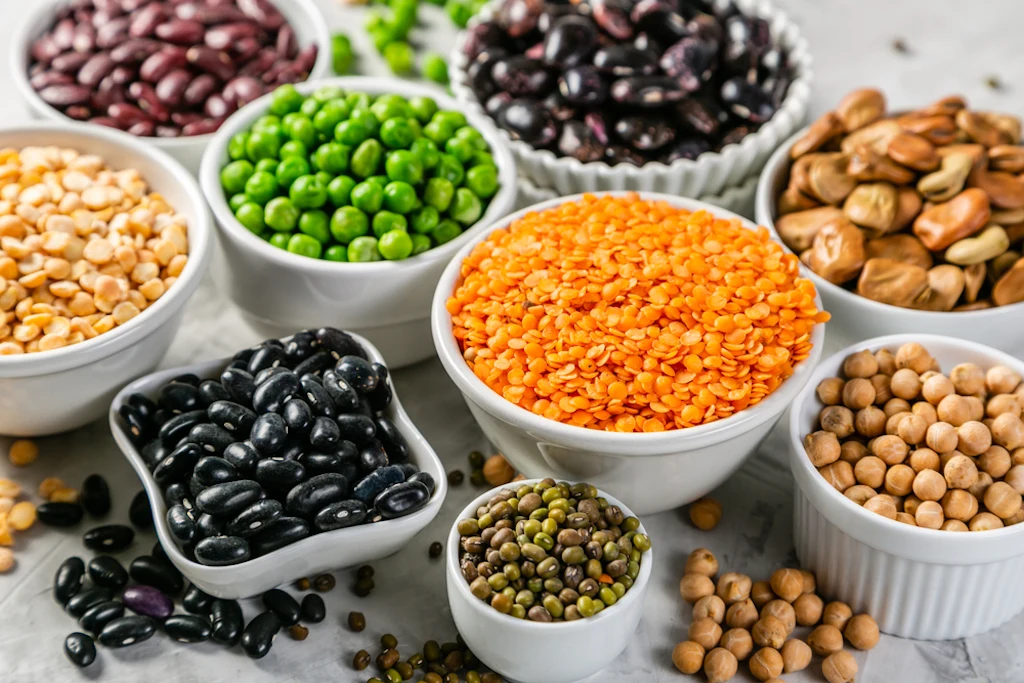Why A Folate-Rich Diet Is SO Important

March 1, 2019

If you’ve ever dealt with long-term fatigue or a lack of energy, you know how frustrating it can be to feel really tired pretty much all of the time. Although most of us experience this from time to time, it can be particularly discouraging when you’re trying to prioritise being healthy, and becomes an issue when you don’t have the energy for day-to-day activities.
Our diets play an important role in fueling our bodies and giving us the energy we need to maintain a busy lifestyle. But for many of us, figuring out where and how our diet may be letting us down is a challenge.
One area many of us know little about is in understanding our folate intake, the role it plays within our body, and the signs and symptoms of folate deficiency and vitamin B9 anaemia.

What is folate?
Folate is the natural form of vitamin B9 and is one of the essential B-group vitamins that your body needs to grow and develop. According to the Harvard School of Public Health, folate assists with the production of healthy red blood cells, is involved in protein metabolism and helps to form DNA. They also highlight how the body’s need for folate increases during pregnancy, where the vitamin plays an important role in fetal development.
Like many vitamins, folate is found naturally in many foods, particularly vegetables, fruit and legumes. Some foods that are naturally higher in folate are dark, leafy greens (such as spinach), whole grains, beans, fresh fruits and fruit juices.
As folate is a water-soluble vitamin, your body isn’t able to store it. This means your body needs a regular supply of folate in order to support key bodily functions.
Is there a difference between folate and folic acid?
Yes! Even though these terms are often used interchangeably, there are some key differences. Folate is found naturally in foods while folic acid is a synthetic form of folate usually found in folate-enriched foods or in supplements.
Folic acid is often added to foods like bread, pasta, flour and breakfast cereals (some contain as much as 100% of the daily recommendation of folate). In Australia, Food Standards require millers to add folic acid to wheat flour as does the FDA in the United States, which has imposed mandatory fortification of folic acid in enriched cereal grain products to reduce the risk of neural tube defects. According to Mayo Clinic, folic acid deficiency is often no longer a problem in countries which fortify foods with folic acid.
While folic acid is added to some foods during processing, it definitely doesn’t fall into the same category as artificial flavours and other additives that are found in highly processed foods. For many people, food enriched with folic acid can be beneficial — particularly for women planning to start a family or in the early stages of pregnancy.

What is folate deficiency?
As you may have guessed, a folate deficiency occurs when your body is not getting sufficient folate from your diet. Folate deficiencies are quite common, even though folate is relatively easy to obtain.
Everyone needs folate but the amount you need will depend on your age, whether you are currently pregnant, trying to conceive, or if you are breastfeeding.
The Australian Government recommends at least 400µg (micrograms) — with the recommendation increasing for breastfeeding women (500µg) and pregnant women (600µg).
A well-balanced diet that includes lots of vegetables and whole grains can help you consume the folate you need. If you’re planning on falling pregnant, a folic acid supplement is generally recommended by your healthcare professional and the Australian Government advises you to discuss your intake with your doctor.
What causes folate deficiency?
As your body doesn’t store folate, a deficiency can occur if you’re not consuming enough folate-rich foods or taking folic acid supplements. If your diet is low in fresh vegetables, fruit, meat, nuts, seeds and whole grains, try to add more of these to your meals.
Health conditions that affect nutrient absorption can also contribute to a folate deficiency, and people with Crohn’s disease and coeliac disease are particularly at risk. Some medications can also affect nutrient absorption so check with your healthcare professional if you are concerned.
According to the NHS, there are some common signs of folate deficiency to look out for. While these symptoms usually develop gradually, if left untreated it can lead to folate deficiency anaemia. Symptoms include:
Fatigue and low energy
Breathlessness
Feeling faint
Pale skin
Heart palpitations
Headaches
Loss of appetite and weight loss
A pale, yellow tinge to your skin
A sore, red tongue
Mouth ulcers
A decline in your mental abilities (such as your memory, understanding and sense of judgement) and changes in the way you think, feel and behave
Hearing sounds coming from inside your body
Pins and needles
Disturbed vision
Irritability or depression
Changes to the way you walk and move around
Vitamin B12 anaemia can often be treated through diet or supplements, however, severe cases can contribute to other health problems. If you are concerned, speak to your doctor.
Folate deficiencies can occur in a relatively short period of time, so it is important to have regular health checks to ensure your vitamin intake is sufficient.

Folate-rich foods
To ensure you’re getting enough folate, try incorporating a range of whole foods into your diet. Folate is predominantly found in plant foods, but you can also consume it when you eat fortified foods. Something to keep in mind is that folate can be damaged by heat, so eating folate-rich fruit and vegetables raw or lightly cooked is the best way to retain the vitamins you need.
Foods that are high in folate include:
Green vegetables, including leafy greens such as spinach, kale and lettuce or other greens such as broccoli, asparagus, peas and brussels sprouts
Legumes and beans, such as kidney beans, chickpeas and lentils
Nuts and seeds
Fruits, including citrus fruits, berries
Mushrooms
Avocado
Soy-based foods, edamame and some meat alternatives.
Including more of these foods in your diet can help you meet the recommended daily intake.
An added bonus? A number of folate-rich foods also provide your body with fibre, helping to keep your digestive system running smoothly.
Disclaimer: Although exercise during and after pregnancy has been associated with multiple health benefits, you should consult with and obtain permission from your physician or other health care provider before starting this or any other fitness program to determine if it is right for you, especially while pregnant and in the months following your pregnancy. Not all exercise is suitable for everyone or every pregnancy and exercises, including those contained in this article, may result in injury. Do not start this fitness program if your physician or health care provider advises against it.
This article is for informational purposes only. Any instruction, information, or guidance contained in this article is not a substitute for medical advice, consultation, and/or medical treatment from your doctor or healthcare provider. Do not delay seeking medical advice, disregard medical advice, or discontinue medical treatment because of any instruction, information or guidance contained in this article.
You are responsible for your own safety and are participating in this fitness activity at your own risk. Start slowly and do not exceed the exercise recommended by your physician or health care provider. If you experience faintness, dizziness, pain, discomfort, bleeding, or shortness of breath at any time while exercising, stop immediately and seek medical advice.

A more empowered you starts with Sweat, and our editorial team is here to bring you the latest fitness tips, trainer recommendations, wellbeing news, nutritional advice, nourishing recipes and free workouts.
* Disclaimer: This blog post is not intended to replace the advice of a medical professional. The above information should not be used to diagnose, treat, or prevent any disease or medical condition. Please consult your doctor before making any changes to your diet, sleep methods, daily activity, or fitness routine. Sweat assumes no responsibility for any personal injury or damage sustained by any recommendations, opinions, or advice given in this article.
Nutrition